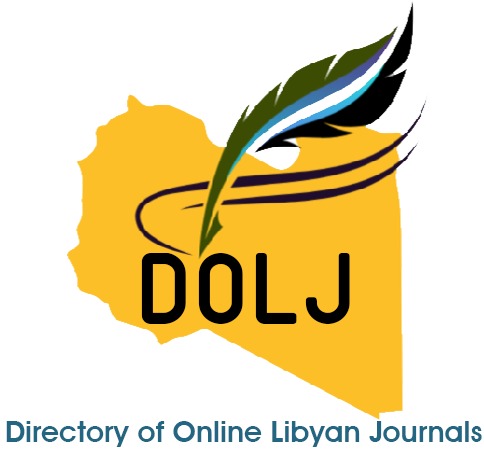Plagiarism
According to the Federal Office of Science and Technology Policy (1999), plagiarism encompasses the act of appropriating another person's ideas, processes, or words without proper acknowledgment, which includes the unauthorized review of others' research proposals and manuscripts.
In line with this understanding, LJPHP rigorously evaluates submissions with the assumption that they represent the original work of the author(s). It is expected that any references to the work or ideas of others in a manuscript or article be appropriately credited. Furthermore, authors are responsible for obtaining all necessary permissions prior to publication.
Plagiarism extends beyond verbatim copying and includes the unacknowledged use of text, data, figures, or images, as well as the paraphrasing of text, concepts, and ideas. Any allegations of plagiarism are thoroughly investigated by the journal. To identify potential cases, submitted papers undergo systematic scrutiny using plagiarism-detection software. This software compares the article against an extensive database of published articles, and editors are alerted to any similarities. It is imperative that the resulting plagiarism percentage remains below 15%.











